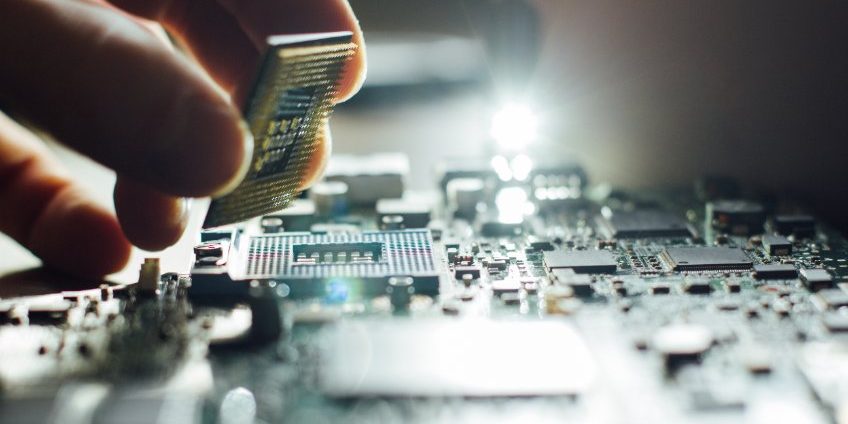Today’s electronic technicians are more knowledgeable and marketable than ever. They are no longer just assembly workers who follow a manual. Rather, they need to be well-versed in electrical theory, diagrams, and schematics, understand the OSHA safety codes, have excellent troubleshooting skills, and more. There are many certifications available for electronics technicians that can help you stand out from the crowd.
In this blog post, we will discuss the basic technical skills that will make you a certified electronics technician.
Troubleshooting Techniques
Good technicians use more than their knowledge – they also use their skills. When you are troubleshooting, the first thing to do is to describe the problem. Before you start pulling parts or changing settings, make sure you know what is wrong. Next, you must locate the source of the problem. There are two ways to do this. One is to eliminate the source of the problem by removing components or changing settings until the problem disappears. The other is to locate the faulty part. The best way to do this is to check for the normal condition. If you know the normal condition, then you know what the device is supposed to do. Enrolling in an On-site IPC Training course will teach you the key steps to troubleshooting.
Electronics Circuit Diagrams
A circuit diagram is a visual representation of how a circuit works and it is an important skill for technicians. These diagrams use a standardized notation to show the placement of components, wires, and junctions. When technicians understand circuit diagrams, they become better troubleshooters, have a better understanding of the overall design of equipment, and can easily determine the cause of a malfunction. Getting an IPC Certification is the best way to increase your knowledge of circuit diagrams.
Measuring Instruments and Testing Equipment
You may need to test a component or a circuit and you may need to measure the resistance, capacitance, or voltage and current. To do this, you need proper testing equipment. You must also know how to properly use them.
Critical Thinking and Problem-Solving Skills
When you are troubleshooting, you are likely dealing with a problem that you have never encountered before. You need to follow a logical path and think of what could have happened and what might be wrong. You don’t want to jump to conclusions and damage the equipment or waste time trying to fix something that isn’t broken.
Data collection and analysis
As an electronic technician, having the skills in data collection and analysis will be critical for your job. You will need to collect data about the problem and collect data about the solutions. You need to know how to analyze the data and make a judgment based on it.
Conclusion
Getting an IPC certification will help you boost your career as an electronic technician. It will also give you the skill to troubleshoot and solve problems on your own. If you are serious about a career in electronics, make sure to find On-site IPC Training so you can get the skills that you need to succeed.






